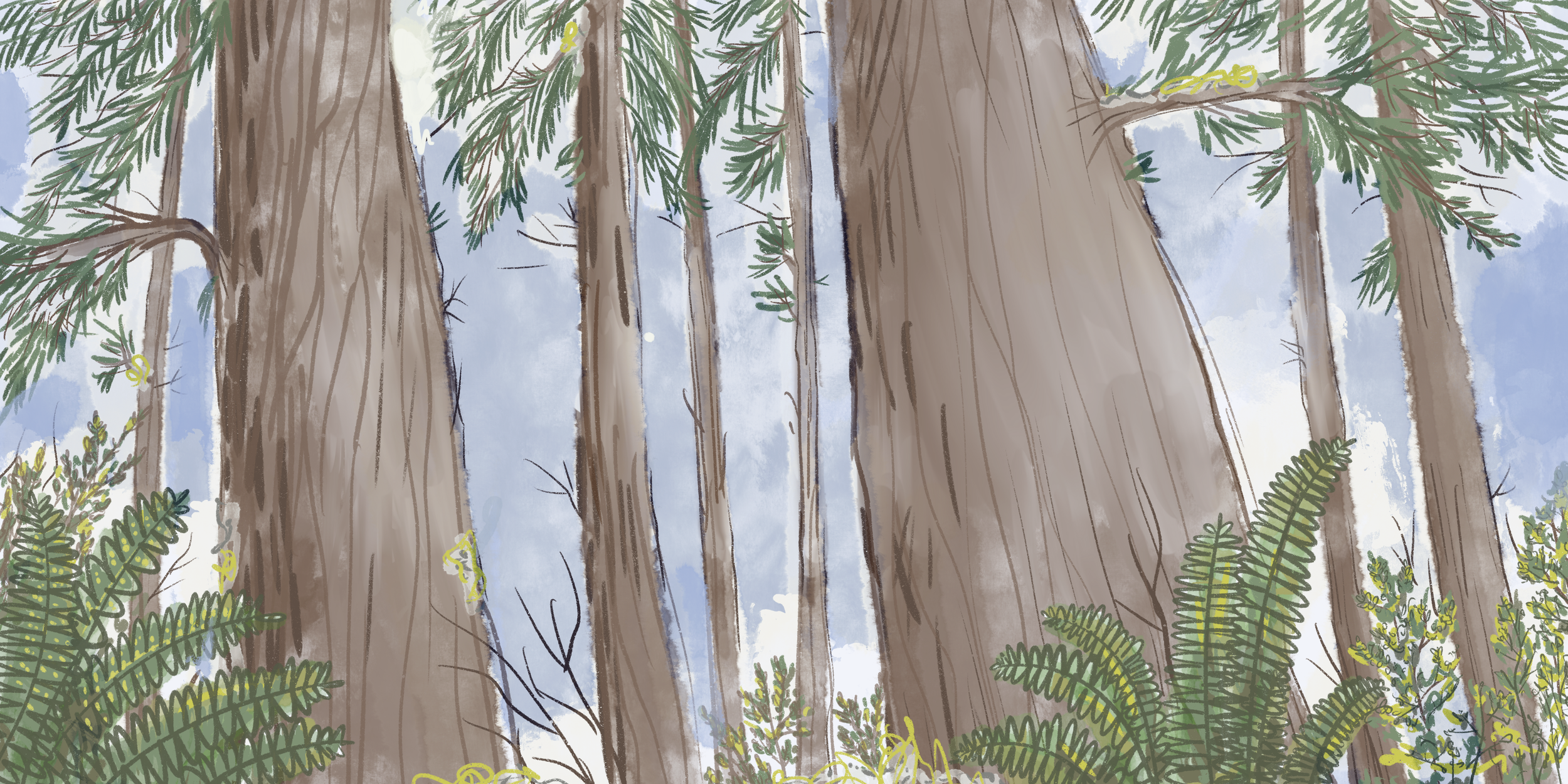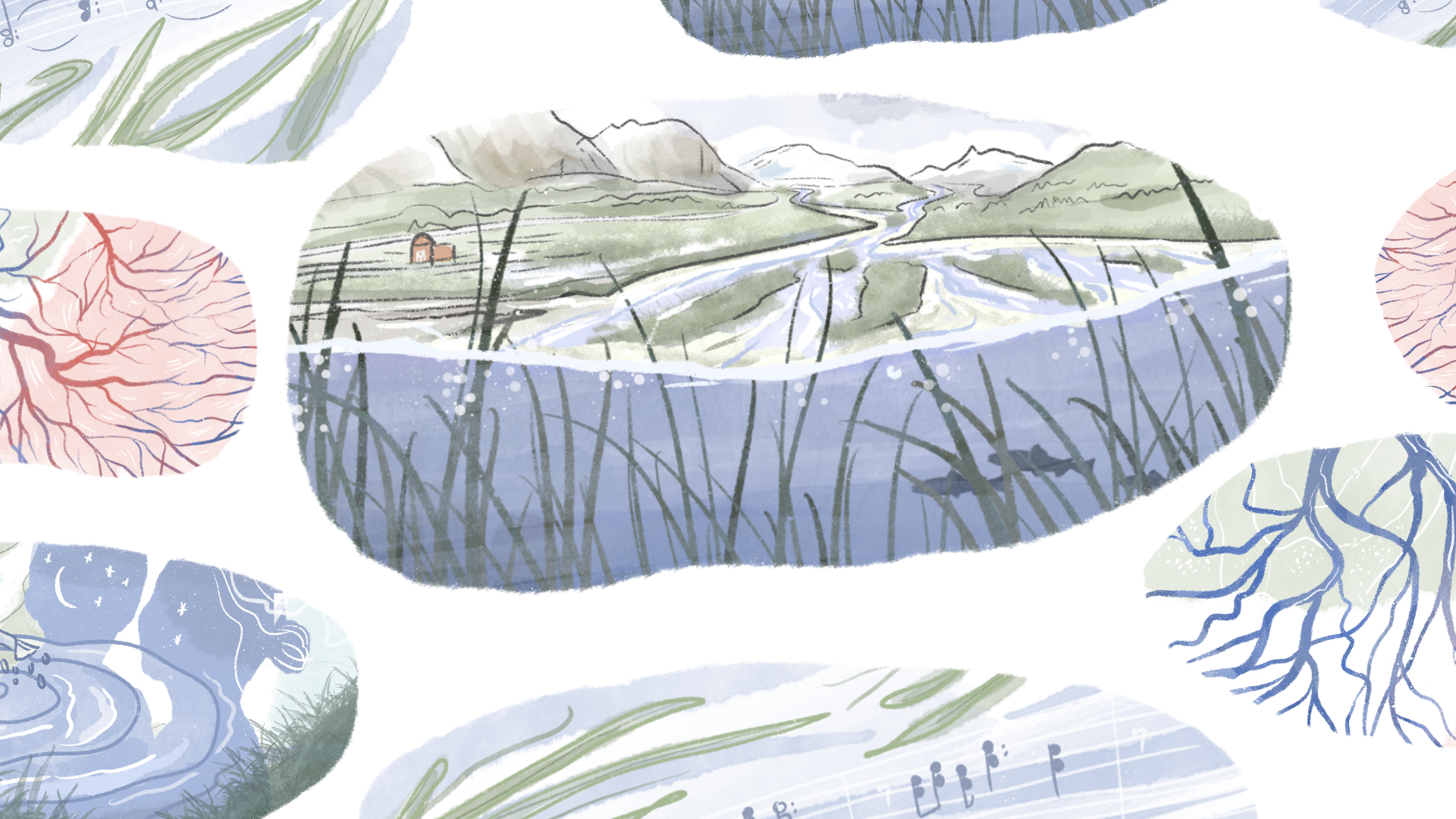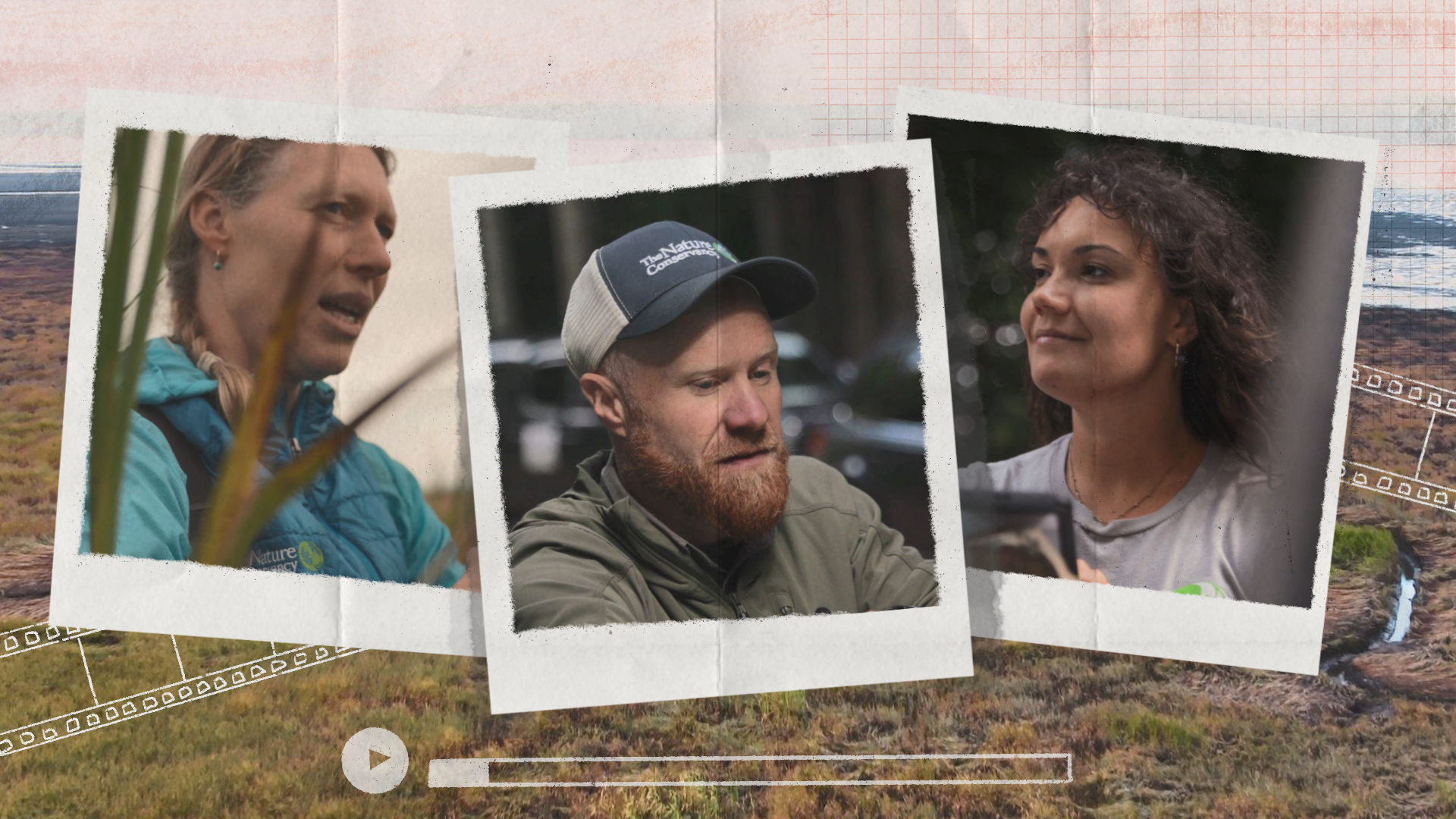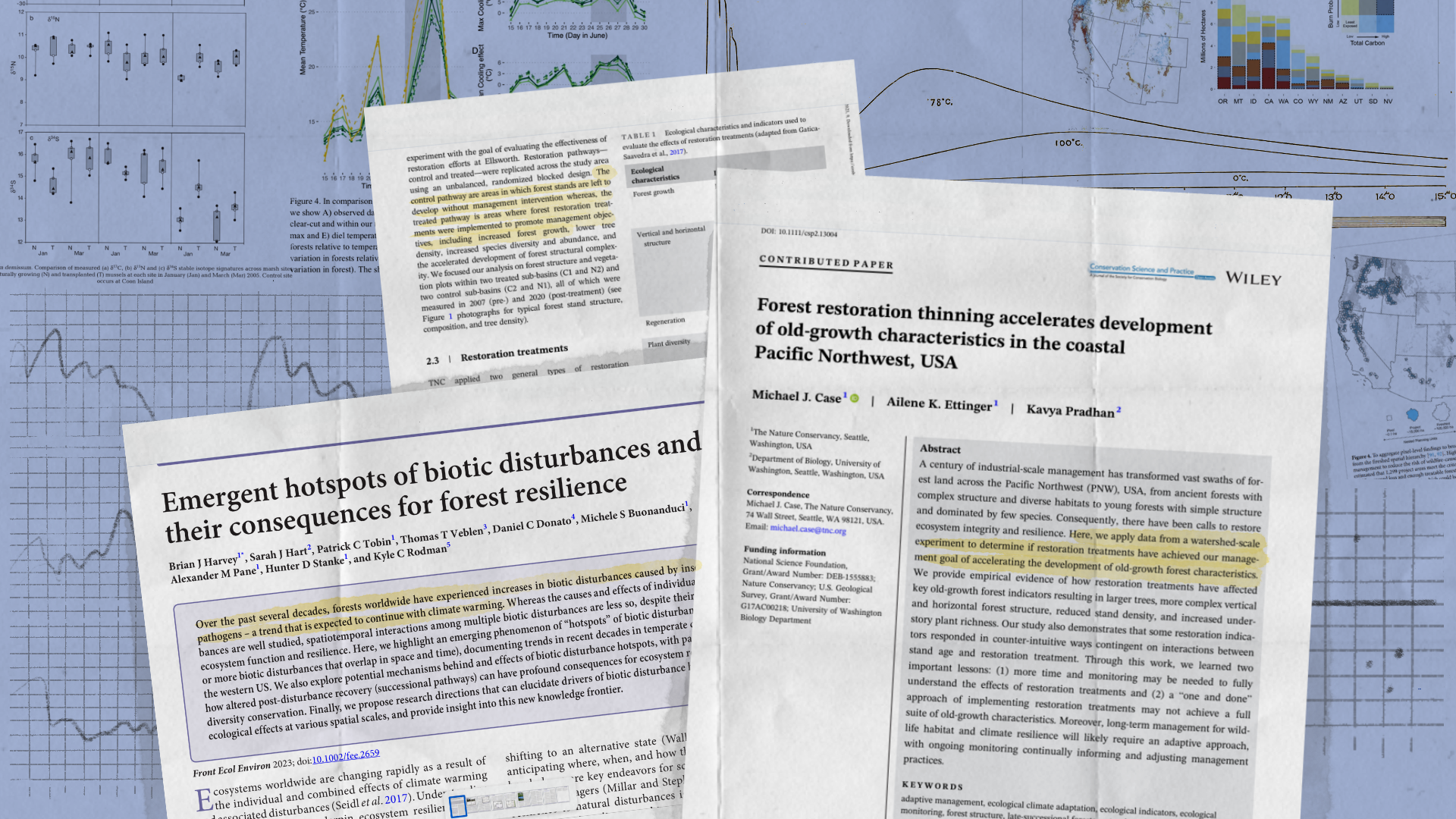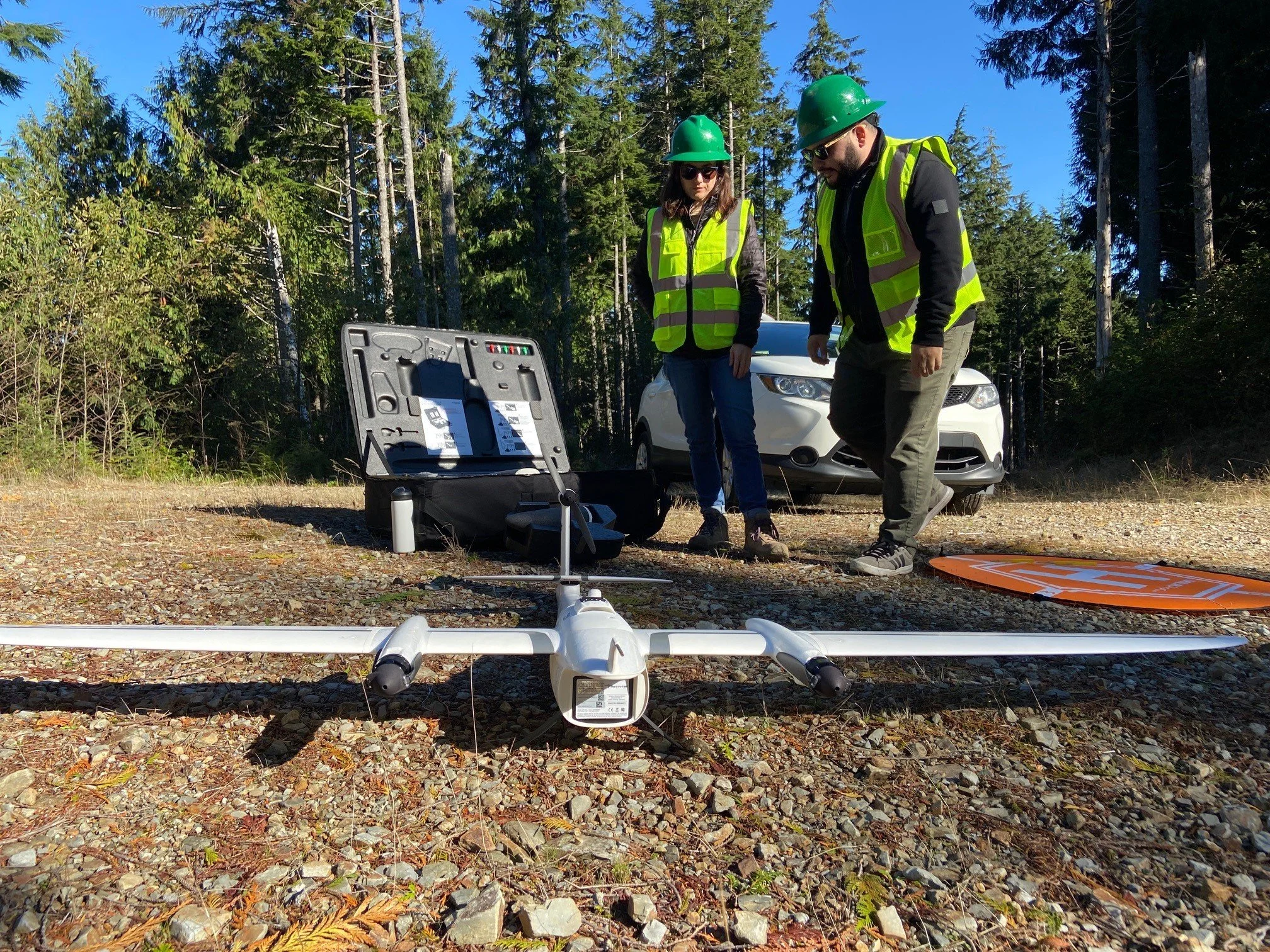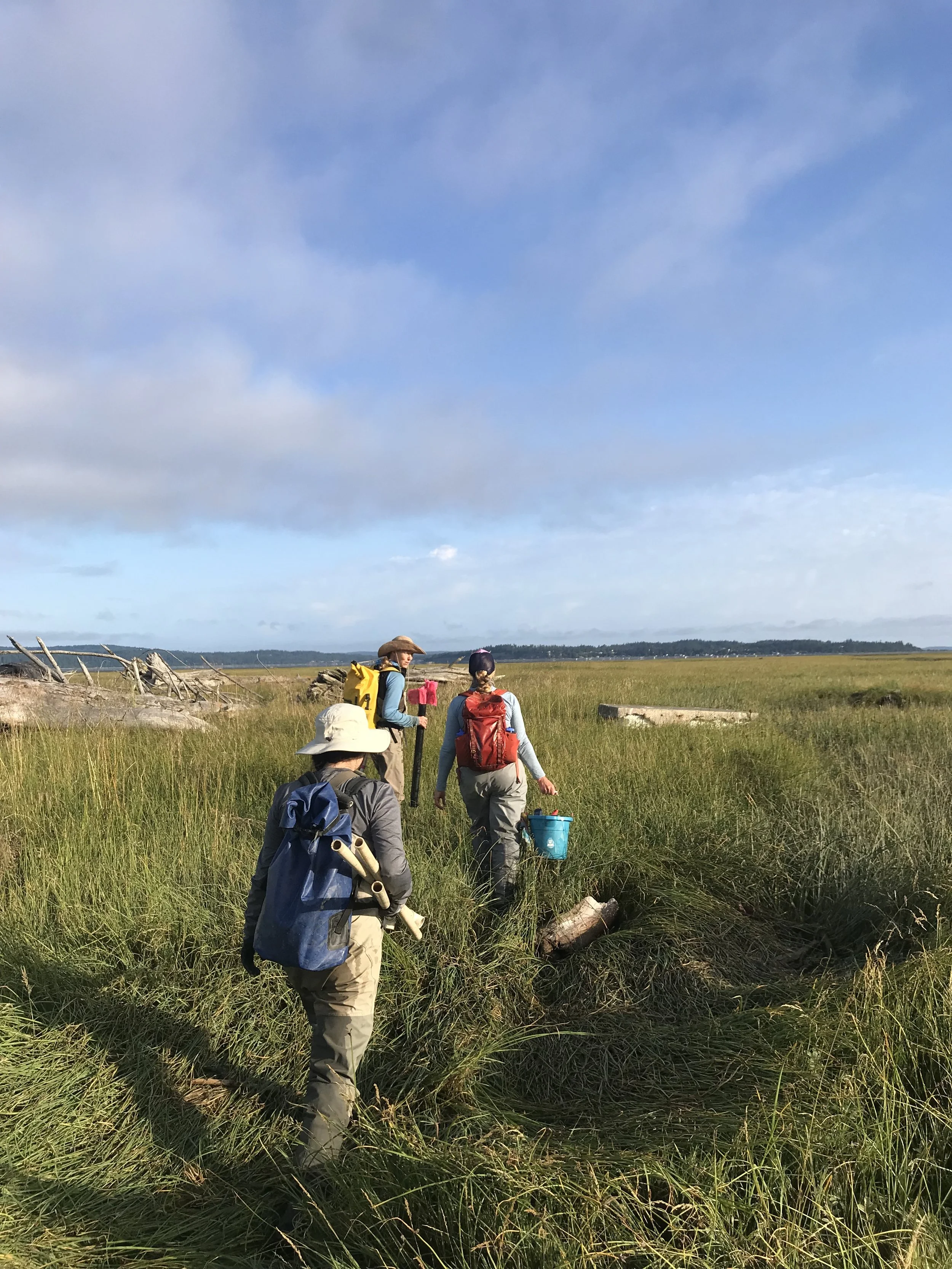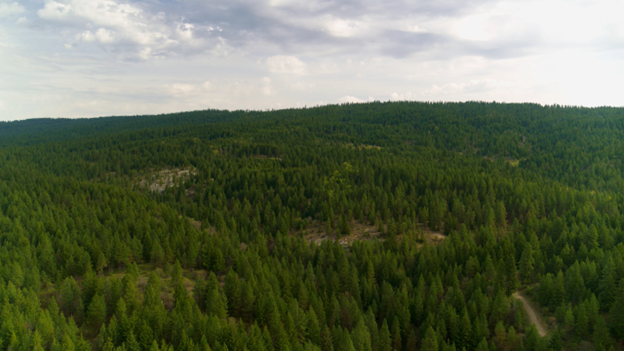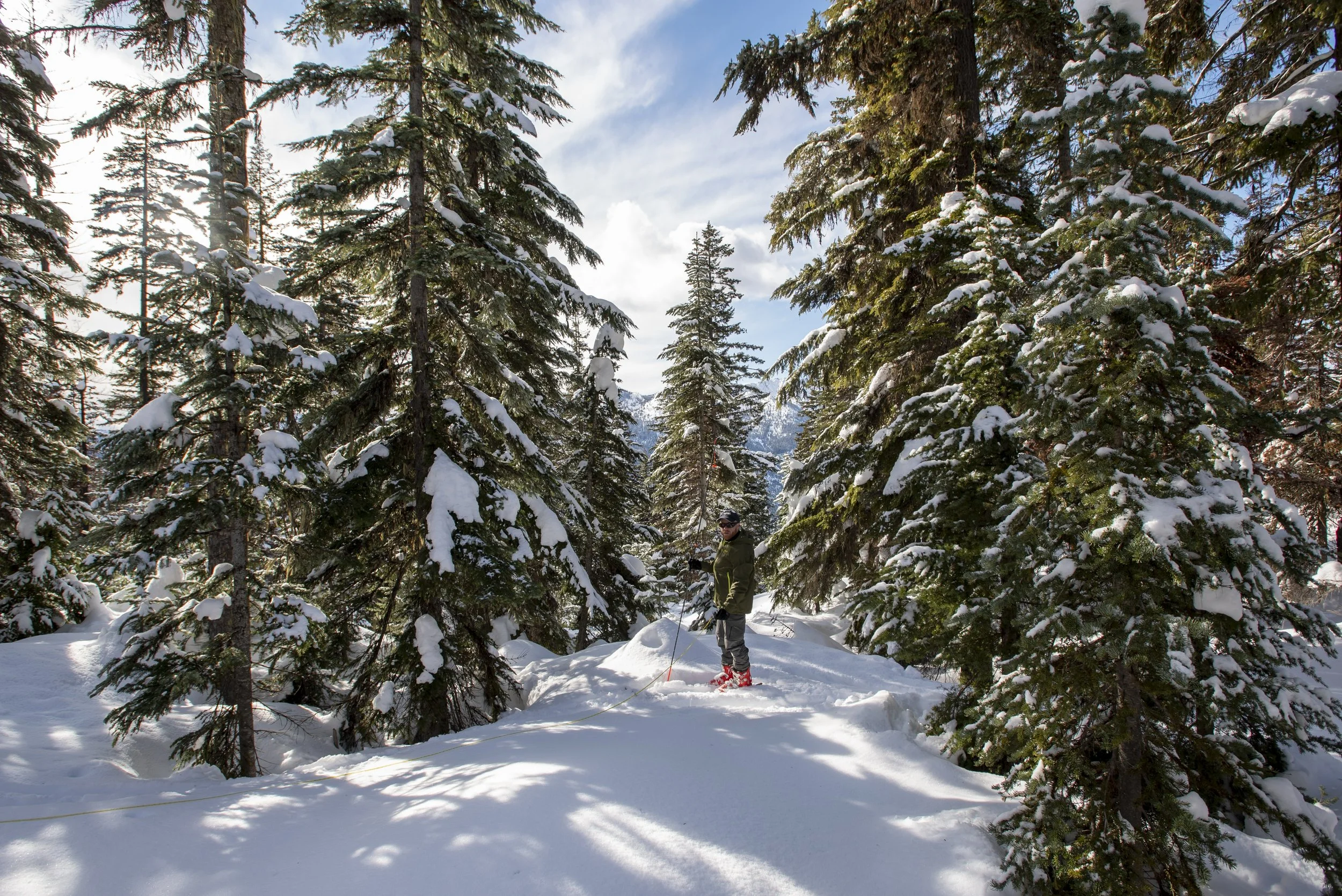At The Nature Conservancy, we back our land and water conservation efforts with robust science. Our partnership with the University of Washington bridges the best of both institutions. In world-class labs and outside on the ground, TNC scientists, UW researchers and students are tackling our planet’s toughest challenges at an accelerated pace and scale.
Science at Home Video Events
While we can’t be together right now, we thought we’d bring our science to you digitally! Through a new web series, “Science at Home,” we feature research by TNC scientists and University of Washington students. This first set of videos highlights the impacts of climate change on our ocean and river systems, which effect both nature and people—including our social and economic systems. We invite you to grab a favorite beverage, relax and join us in the first of many talks that reveal the science and creativity behind our work—by putting a spotlight on answering the questions necessary for people and nature to thrive in our state and beyond.
Join Ailene K. Ettinger, Quantitative Ecologist at TNC, and collaborators from the Northwest Fisheries Science Center (NOAA). Phenology, or the timing of biological events, is shifting as the climate changes across diverse species around the world. This has critical implications for species’ success. We used community science data to quantify shifts in timing of southern resident killer whale presence and their preferred prey in the Salish Sea.
Keeping up with Climate Extremes in the Dungeness Crab Fishery
Join Mary Fisher, University of Washington PhD student and M.S. Aquatic & Fishery Sciences for a discussion on how Dungeness crabs are being impacted by a changing climate. A large mass of warm water—or marine heatwave—known as “the Blob” began forming in the Pacific Ocean in 2014. Since the Blob, a string of marine heatwaves on the U.S. West Coast have fueled harmful algal blooms. The resulting closures of recreational and commercial shellfish fisheries have protected consumers from toxic shellfish, but also have widespread socioeconomic impacts on coastal communities. This talk focused on the unprecedented 2015 harmful algal bloom and the subsequent delays in the 2015-16 California Dungeness crab commercial fishery.
In Washington state, snowpack is a critical natural reservoir—especially for the river systems east of the Cascade crest. However, warming temperatures brought on by climate change are leading to less snowpack and earlier spring melt-out dates. Join Emily Howe, PhD, Aquatic & Estuarine Ecologist for a discussion on how TNC is working to better understand the intersection of climate change, snowpack and land management in our region.
… and stay tuned for future Science at Home events to be posted monthly!







